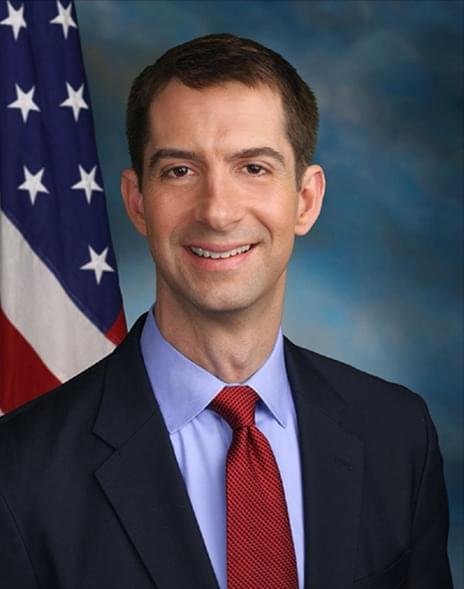WASHINGTON –– U.S. Senator John Boozman (R-AR), a senior member of the Senate Veterans’ Affairs Committee, joined Ranking Member Jerry Moran (R-KS) and Senator Marsha Blackburn (R-TN) in introducing legislation to prohibit funding for veterans benefits to be used to pay bonuses to senior executives at the Department of Veterans Affairs Central Office (VACO) in Washington, D.C.
The Stop Government Rewards Enriching Executives in the District – or Stop GREED Act – comes on the heels of a VA Office of Inspector General report that found the VA’s Under Secretaries of Health and Benefits improperly approved $10.8 million in PACT Act Critical Skill Incentive (CSI) payments to VACO’s senior executives rather than rank-and-file employees across the country.
Last month, VA announced a budgetary shortfall of $3 billion in Fiscal Year 2024 and nearly $12 billion in Fiscal Year 2025 that may cause a delay in veterans benefits without action from Congress by September 20. VACO senior executives involved with this budget mismanagement were approved for CSI bonuses worth tens of thousands of dollars. The VA has been recovering the improper CSI payments since the scandal became public but without legislative action, it would be able to use these bonus payments to reward VACO executives again in the future.
“The PACT Act was intended to expand benefits to the men and women who wore our nation’s uniform now living with toxic exposure-related illnesses as a result of their service,” Boozman said. “This legislation will ensure funds will be used to support the needs of veterans, not VA executives.”
“The critical skills incentive payments that were included in the PACT Act were meant to improve recruitment and retention for difficult-to-fill positions across VA, not to increase the salaries of senior executives in Washington, D.C.," Moran said. “The bonuses to executives were a gross misuse of funds, especially in light of the VA’s budget shortfall failure, and we must make certain it does not happen again.”
“The VA must be held accountable for its egregious mishandling of the critical skill incentives that were included in the PACT Act,” said Blackburn. “We must restore integrity and trust within the VA, and the Stop GREED Act would help ensure such a failure does not happen again.”
The CSI authority from the PACT Act was intended to strengthen the delivery of health care and benefits to veterans by providing incentives to retain highly-skilled, rank-and-file employees across the country, including human resources staff, police officers and housekeepers in the VA.
The full text of the bill can be found here.







